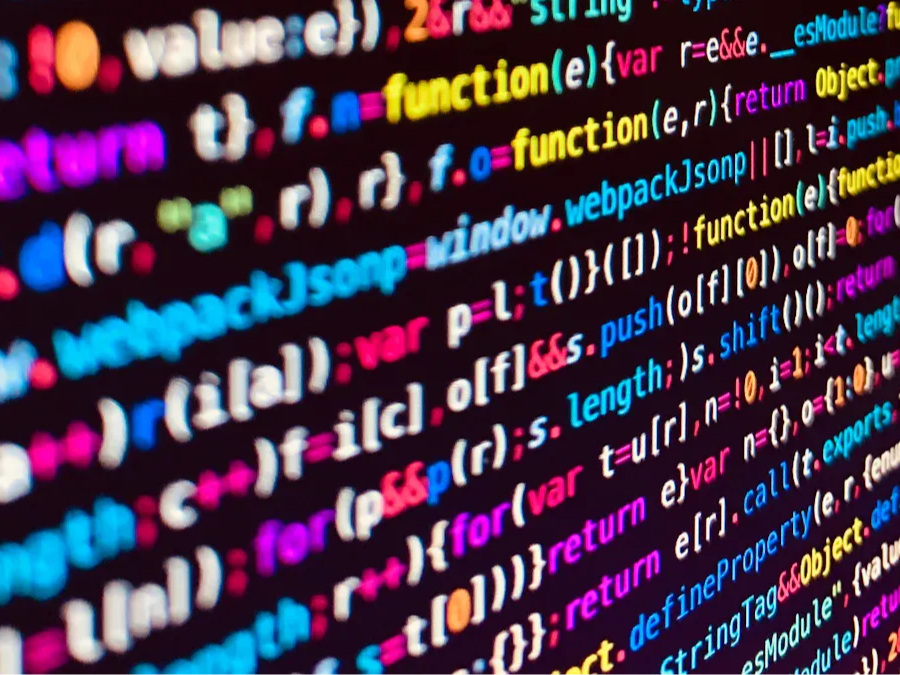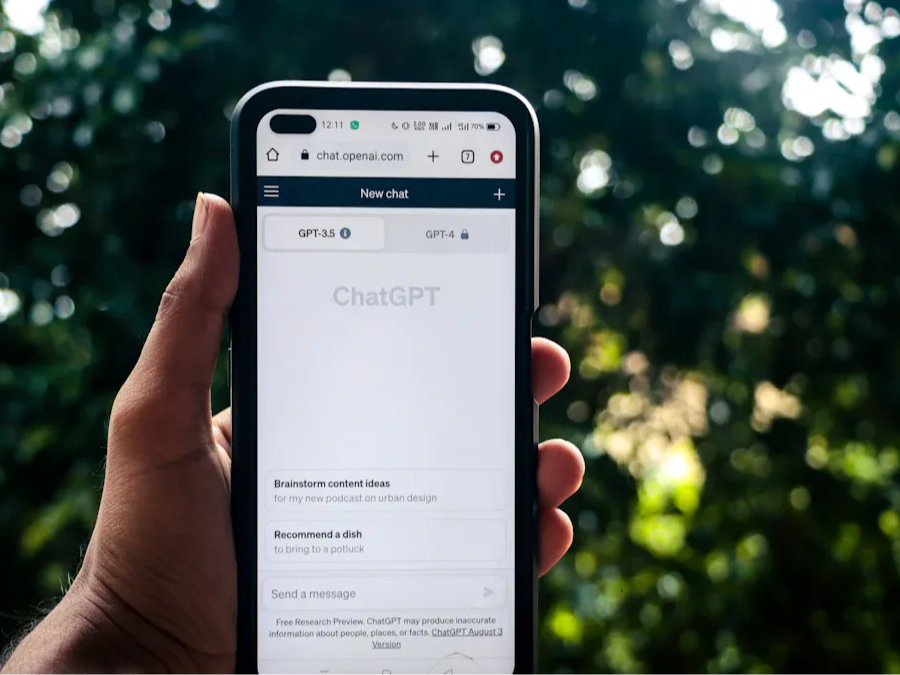Introduction: The Coaching Dilemma of the Digital Age
In a world where everything from grocery shopping to therapy can be done online, the world of coaching is undergoing a revolution. The question on everyone’s mind? Should we trust AI coaches or stick to human coaches for guidance, motivation, and professional growth?
The coaching landscape has shifted dramatically in the last decade. The rise of artificial intelligence has introduced a new type of coach — one that never sleeps, never forgets your goals, and can crunch your performance data in seconds. But while AI can track your progress, can it truly understand you? That’s where the coaching dilemma of the digital age emerges.
In this article, we’ll explore what AI coaching is, how it compares to traditional human coaching, and which approach might be right for you — or if the best answer is a bit of both.
What Is an AI Coach?
An AI coach is a digital system that uses machine learning, natural language processing, and data analytics to guide individuals toward their personal or professional goals. These coaches often come in the form of mobile apps, chatbots, or integrated workplace tools.
They can:
- Track progress against set goals
- Offer personalized recommendations based on your data
- Provide instant feedback and motivation
- Adapt strategies based on performance patterns
While they lack a physical presence, AI coaches can be surprisingly effective in areas that involve repetitive tracking, clear performance metrics, or structured learning paths.
How AI Coaching Works
AI coaching typically follows a structured process:
- Data Collection – The AI gathers information about your habits, goals, and progress. This can include survey responses, wearable device data, and app usage patterns.
- Analysis – Using algorithms, the AI identifies trends, strengths, and areas for improvement.
- Goal Setting – Based on the analysis, it sets achievable milestones tailored to your needs.
- Real-Time Feedback – The AI sends reminders, encouragement, or corrective tips whenever you deviate from your plan.
- Continuous Learning – The system adapts over time, refining its recommendations based on your evolving performance.
Think of it as a coach that never gets tired, never cancels a session, and keeps meticulous notes on everything you do — but without the emotional warmth of human interaction.
What Is a Human Coach?
A human coach is a trained professional who guides clients through personal, career, or fitness challenges using conversation, empathy, and tailored strategies. They draw from experience, intuition, and professional training to help clients see blind spots, overcome obstacles, and maintain motivation.
Human coaches excel in:
- Building trust through emotional connection
- Recognizing subtle cues like tone, body language, and mood shifts
- Offering nuanced advice for complex or sensitive issues
- Encouraging creativity and flexible problem-solving
While human coaches may not have the 24/7 availability of AI, they bring something irreplaceable: empathy and understanding.
Comparing AI Coaches and Human Coaches
AI Coach – Pros & Cons
| Aspect | Pros | Cons |
| Availability | 24/7 access with no scheduling needed | Lacks real-time emotional awareness |
| Cost | Low cost, often just a few dollars/month | Dependent on subscription platforms |
| Data & Analytics | Precisely tracks progress and analyzes trends quickly | Struggles with non-data-based insights |
| Emotional Intelligence | Can simulate empathy for motivational purposes | Limited true emotional understanding |
| Handling Complex Situations | Excellent for structured, repetitive tasks | May misinterpret nuanced contexts |
| Scalability | Can serve thousands simultaneously | May lack human touch in advice |
Human Coach – Pros & Cons
| Aspect | Pros | Cons |
| Availability | Flexible session adjustments and face-to-face interaction | Limited time, requires scheduling |
| Cost | High-value personalized service | Higher cost per session, often $50–$300/hour |
| Data & Analytics | Combines data with personal experience and insights | Progress tracking may rely on manual input |
| Emotional Intelligence | Genuine empathy and emotional connection | Emotions may influence performance |
| Handling Complex Situations | Skilled at addressing ambiguous, complex, and personal challenges | Slower to process large amounts of information |
| Scalability | Deep, personalized relationship building | Cannot handle high volume of clients at once |
Common Use Cases for AI Career Coaching
Example 1 – Corporate Training
A global tech firm used an AI leadership coach to onboard new managers. The AI delivered tailored learning modules, quizzes, and performance tracking. Result? Productivity scores improved by 15%, but employee surveys revealed that many still valued occasional human check-ins for nuanced leadership challenges.
Example 2 – Fitness
A friend of mine tried an AI-powered fitness app. The workouts were perfectly optimized for her schedule and fitness level. However, when she injured her knee, she needed a human trainer to adjust her exercises safely — something the AI wasn’t equipped to handle with full accuracy.
Example 3 – Life Coaching
An acquaintance battling burnout found success using a hybrid approach: daily AI check-ins for structured journaling prompts, combined with weekly human sessions to explore deeper emotional and motivational patterns.
How to Choose Between an AI Coach and a Human Coach
Here are some questions to help you decide:
What’s your budget? – If cost is a major factor, AI coaching is often the more affordable starting point.
How complex are your challenges? – For highly personal or emotionally complex situations, a human coach is usually better.
Do you value constant availability? – If you want immediate support any time, AI has the advantage.
Do you prefer personal connection? – Human coaches can build rapport and trust that AI can’t replicate.
The Best of Both Worlds – Hybrid Coaching
Increasingly, individuals and companies are blending AI and human coaching to maximize benefits. A hybrid model can look like this:
Daily AI check-ins for tracking progress, sending reminders, and providing educational content.
Weekly or monthly human sessions for deeper discussions, strategy adjustments, and emotional support.
This approach delivers the efficiency and scalability of AI while preserving the empathy and insight of human interaction.
Final Thoughts
The coaching dilemma of the digital age isn’t a fight between man and machine — it’s a question of balance. AI coaches excel in structure, availability, and affordability, while human coaches shine in empathy, creativity, and complex problem-solving.
For many, the smartest path isn’t choosing one over the other, but combining them in a way that supports both personal growth and professional goals.
FAQ – AI Coach vs. Human Coach
Q1: Can an AI coach replace a human coach entirely?
Not completely. AI coaches are great for structured, data-driven support, but they lack the emotional depth and nuanced problem-solving that human coaches bring.
Q2: Are AI coaches cheaper than human coaches?
Yes, generally AI coaching services cost less — sometimes as low as a few dollars per month — compared to human coaching sessions that can cost $50–$300 each.
Q3: Is my data safe with an AI coach?
It depends on the platform. Always check the privacy policy and data handling practices before signing up.
Q4: Can a hybrid approach really work?
Absolutely. Many users find that combining AI’s efficiency with a human’s empathy delivers the best results.
Q5: What’s the future of AI coaching?
Expect more advanced personalization, integration with wearable tech, and smoother handoffs between AI and human coaches.








